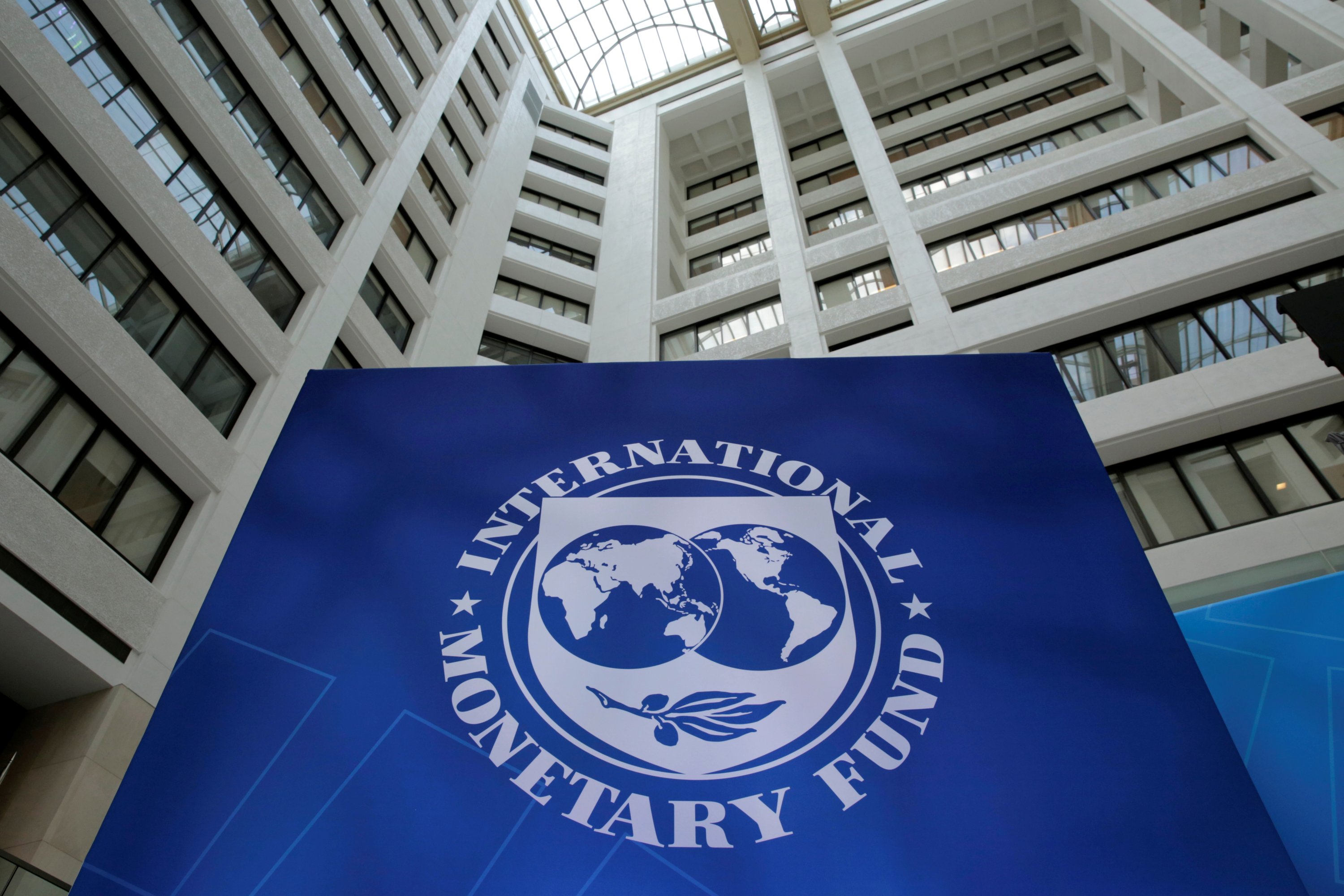The IMF says it is ready to support Ghana revive its ailing economy.
The resident representative of the fund, Dr. Albert Touna-Mama in a series of tweets confirmed that the Government of Ghana had reached out to his outfit for support to restore the economy to a path of growth.
“We can confirm that the authorities [of Ghana] have been in touch to request [the] Fund’s support to #Ghana’s own economic program,” he said.
“The #IMF stands ready to assist #Ghana to restore macroeconomics stability; safeguard debt sustainability; promote inclusive and sustainable growth; and face the impact of the war in #Ukraine and the lingering pandemic. We are looking forward to meeting with the authorities in the coming weeks to start the initial discussions,” he added.
READ ALSO : Ghana's negotiations with IMF will be difficult due to the delay in seeking bailout– Adongo
On July 1, 2022, the government announced that President Akufo-Addo authorized Finance Minister, Ken Ofori-Atta to begin discussions with the IMF for a programme to support the country’s domestic plan.
“The President of the Republic, Nana Addo Dankwa Akufo-Addo, has authorized Finance Minister Ken Ofori-Atta to commence formal engagements with the International Monetary Fund (IMF), inviting the Fund to support an economic program put together by the Government of Ghana.”
“This follows a telephone conversation between the President and the IMF Managing Director, Miss Kristalina Georgievs, conveying Ghana’s decision to engage with the Fund,” the statement noted.
The Information Ministry explained that this decision was taken at a meeting on June 30, 2022.
“The engagement with the IMF will seek to provide balance of payment support as part of a broader effort to quicken Ghana’s build back in the face of challenges induced by the Covid-19 pandemic and, recently, the Russia Ukraine crises.”





